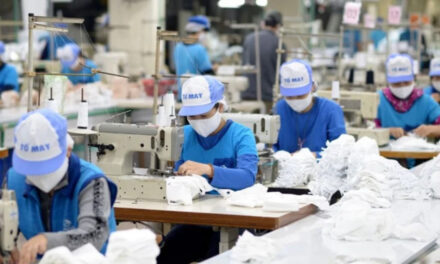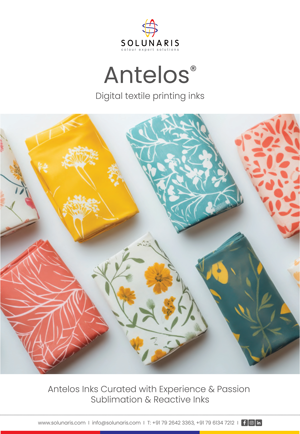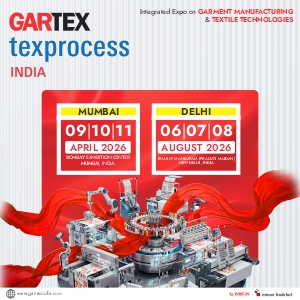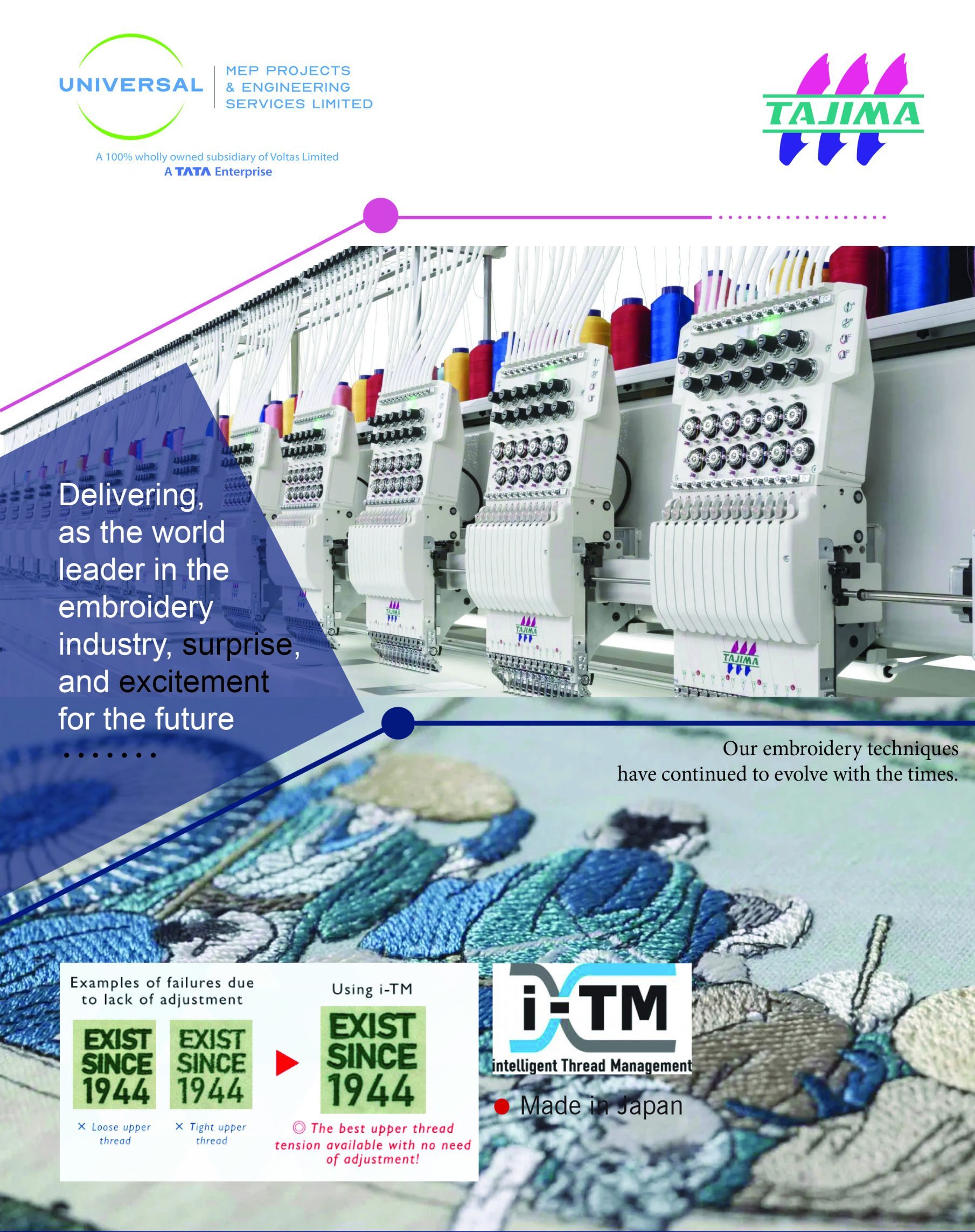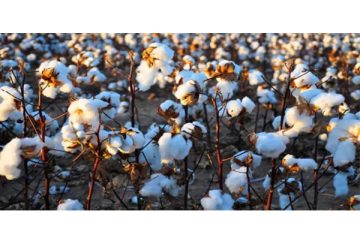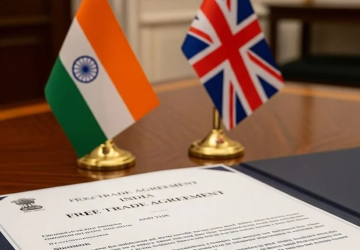 The textile sector has called on the government to establish a long-term textile policy, developed in consultation with industry stakeholders, to double exports and significantly increase foreign exchange earnings for the country.
The textile sector has called on the government to establish a long-term textile policy, developed in consultation with industry stakeholders, to double exports and significantly increase foreign exchange earnings for the country.
Ijaz Khokar, former Chairman Pakistan Readymade Garments Manufacturers and Exporters Association (PRGMEA), on side-line of Texpo 2024 told Business Recorder that Pakistan’s government, in collaboration with the textile associations, should finalize a comprehensive textile policy for 5 years under the title “Textile Destination of the World” to double the textile exports.
“This long term textile policy should focus on exports, technological innovation, human capital, SME upliftment, and access to finance. The policy should be reviewed at the end of each quarter, and its recommendations should be implemented in true letter and spirit,” he added. He said that the country’s textile sector has the ability to double the export, but it needs continuity in the economic policies and special utility tariff for the export sector.
In order to promote the country’s textile sector on international markets under the umbrella of the PRGMEA, local textile and apparel producers are planning to organize the World Fashion Convention in Pakistan in 2026 he said and added that this will be the second time that Pakistan will host this global mega-event, as the country hosted this event in 2019 for the first time.
Khokhar said that this event will positively impact us in multiple directions, particularly boosting exports and improving the country’s image on the international front, but its needs the government’s support to organise this mega event in Pakistan.
In addition, in collaboration with the private sector, the government should set up multiple research and development centres, textile clusters, packaging and fashion design centres. These centres will strengthen garments and apparel producers to enhance their exports to different countries, he suggested.
Former Chairman PRGMEA said that Pakistan currently exports a significant amount of raw and semi-processed materials like cotton yarn and fabric. Shifting focus towards value-added products such as branded garments, home textiles, and technical textiles, sports and medical wear can command higher prices in international markets, he added.
He recommended that the government should offer incentives like tax breaks, rebates, and subsidies for manufacturers focused on value-added products and those expanding into new markets. The government should also simplify the tax procedure for exporters by reducing bureaucratic hurdles and improving customs procedures, in addition providing access to finance for SMEs in the textile sector.
Khokhar said that government and textile companies are required to invest in vocational training and technical education to improve the skills of the textile workforce, especially in areas such as design, fabric technology, and production management. “To promote the field of fashion design, the government and private sector should collaborate with universities to offer specialized courses aligned with the evolving needs of the textile industry,” he added.
Women are naturally good at fashion design, ideas innovation, and quality assurance and the private sector can bring more diversification in garment products, by providing jobs to females in different departments of the textile sector, he mentioned.
Talking on the environmental issues, he said that as environmental sustainability becomes a primary concern for global buyers, implementing green practices, sustainable sourcing, reducing carbon emissions, and using renewable energy will make Pakistani textiles more attractive in eco-conscious markets.
He urged the government to improve the gas supplies to textile exporters on a priority basis and fix the utility tariff at least for 2 to 5 years, so exporters can finalize deals with foreign buyers without any tariff confusion. Khokhar said that due to the political upheaval in Bangladesh, Pakistan has an opportunity to get textile export orders as Pakistan can meet foreign buyers’ deadlines.
He appreciated the arrangements at Texpo 2024, organized by Trade Development Authority of Pakistan (TDAP) and said that Pakistan has got a very good response in Texpo this year, due to which Pakistan’s textile and garment exports will be increased. He suggested that Pakistan should organise Texpo in Dubai once a year as he believed that this will lead to a significant increase in export sales.





